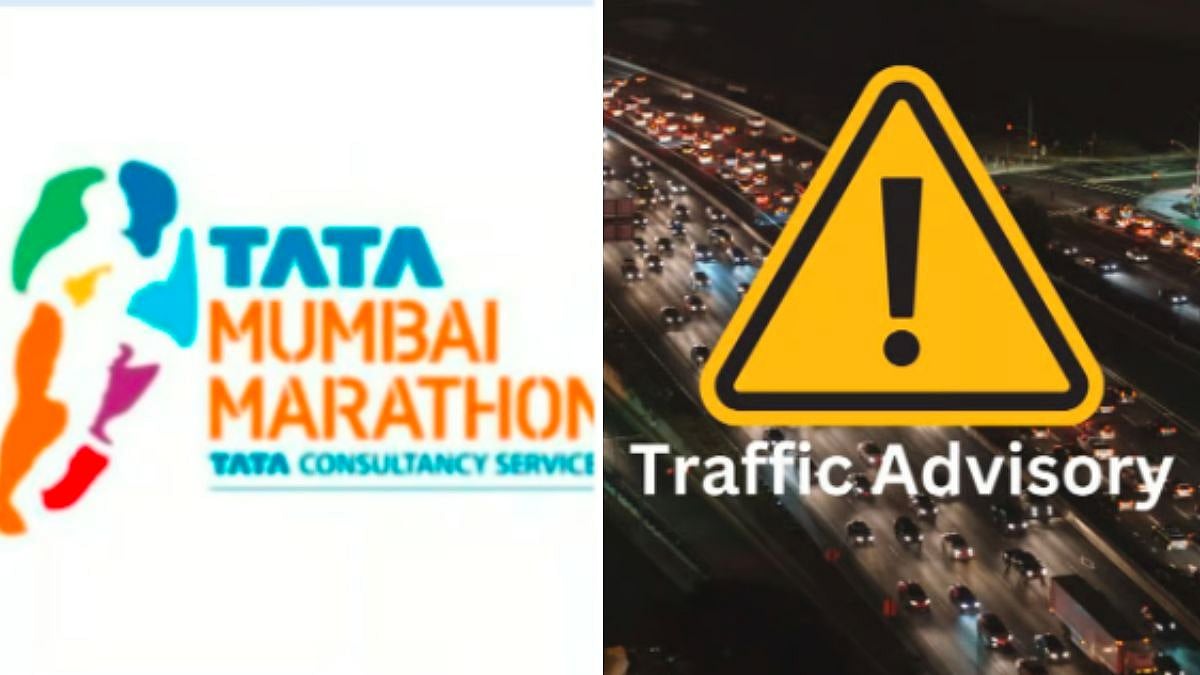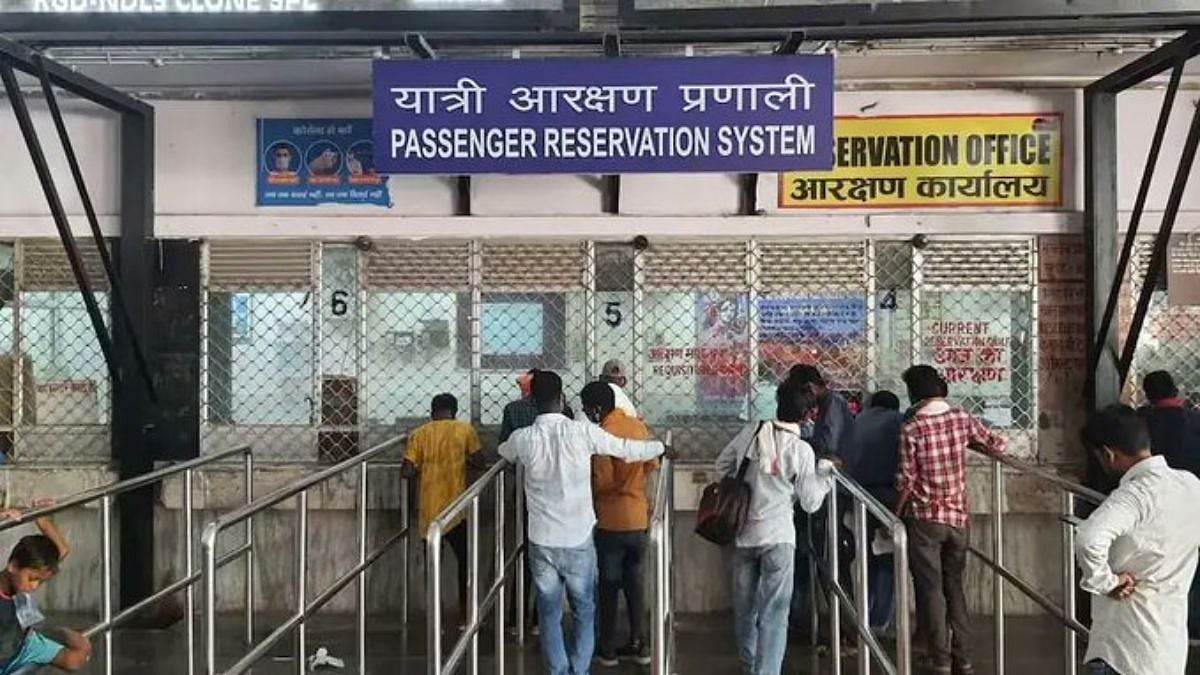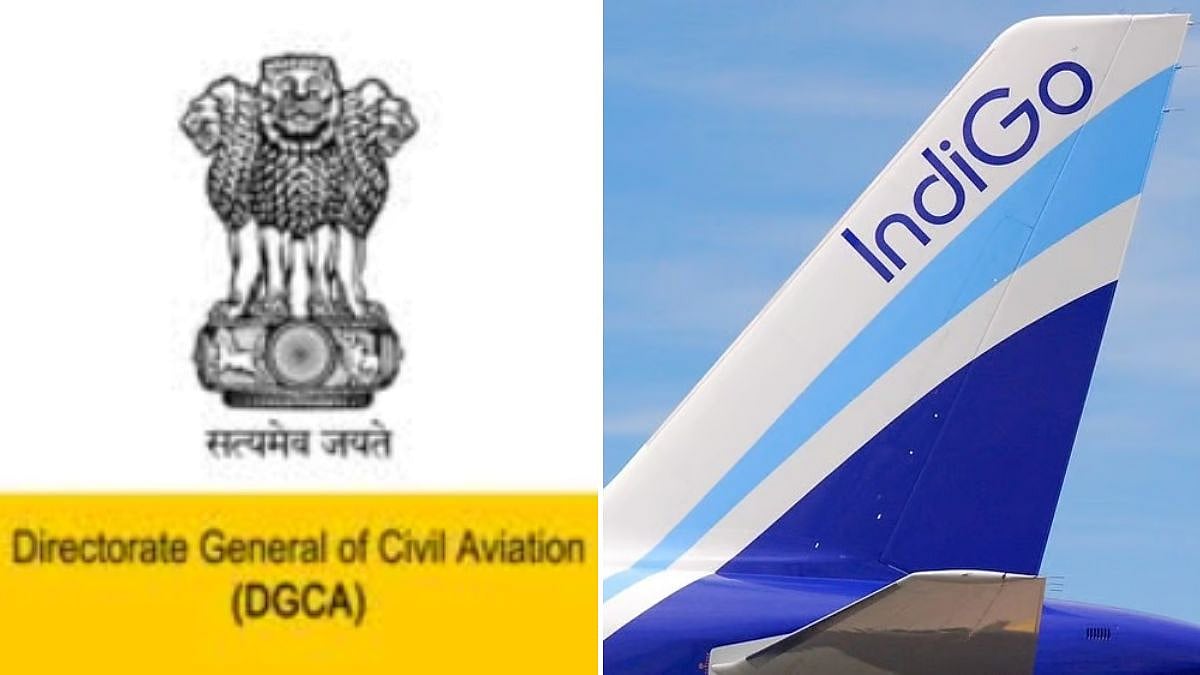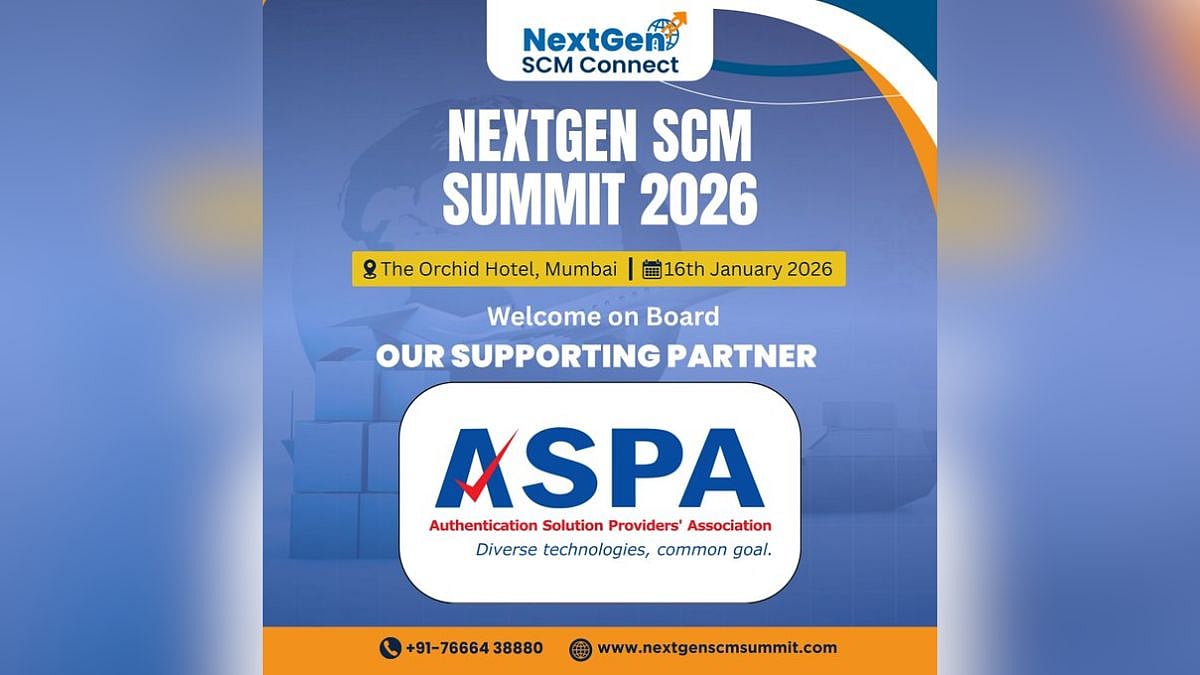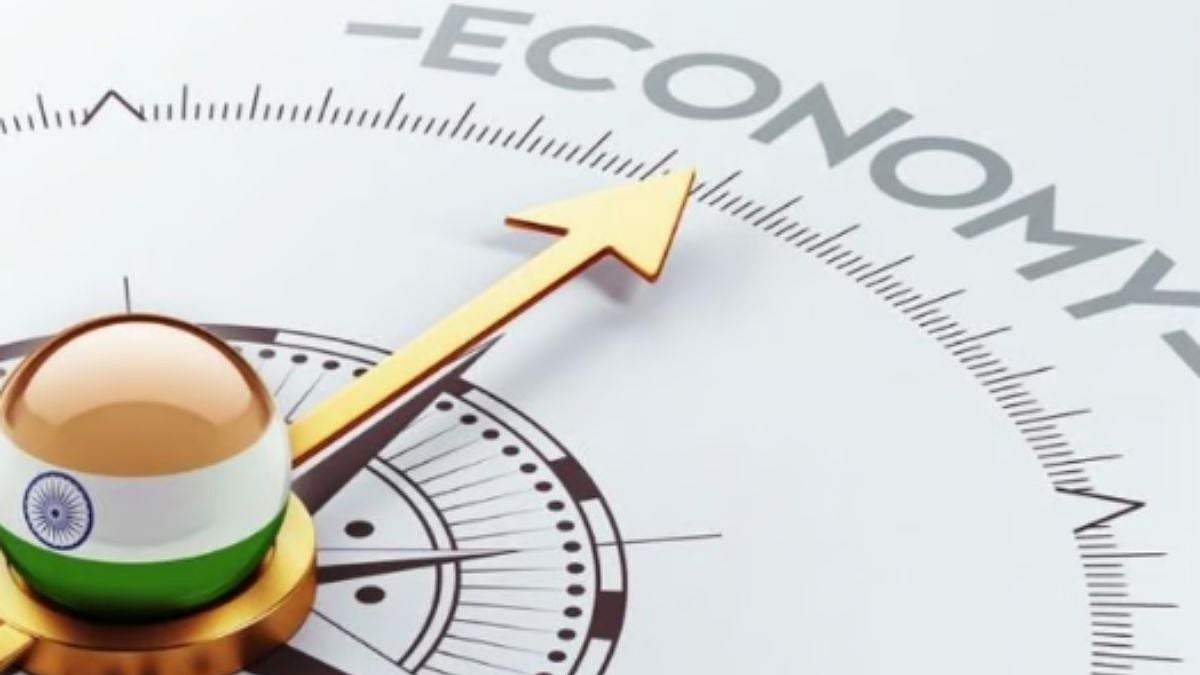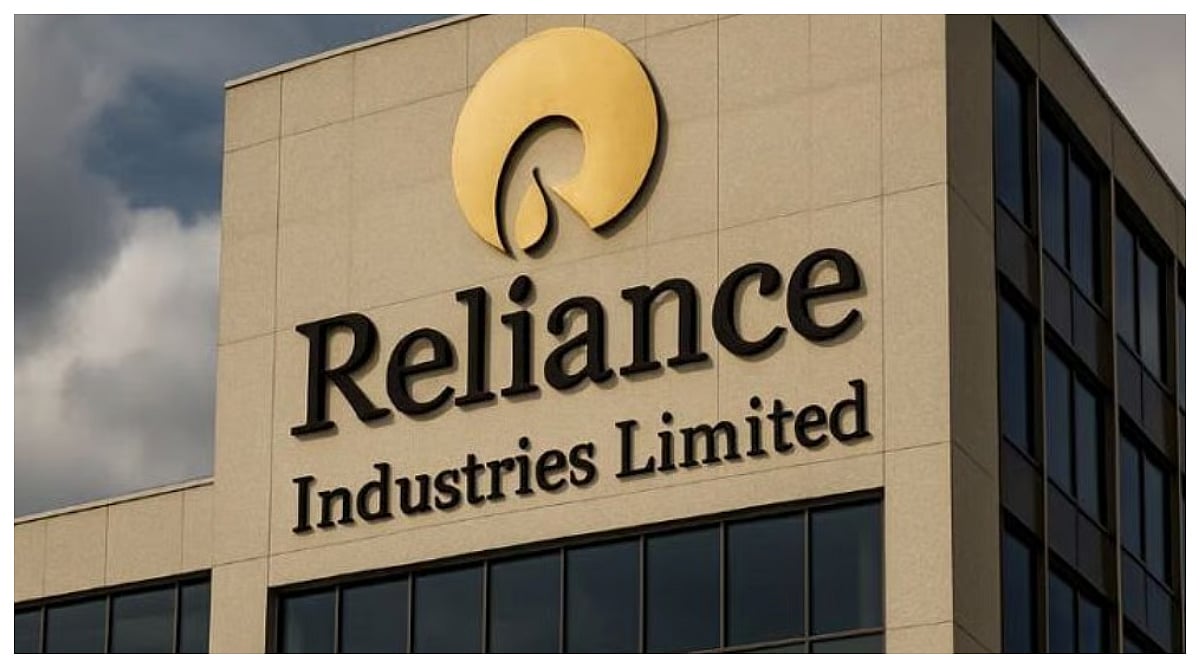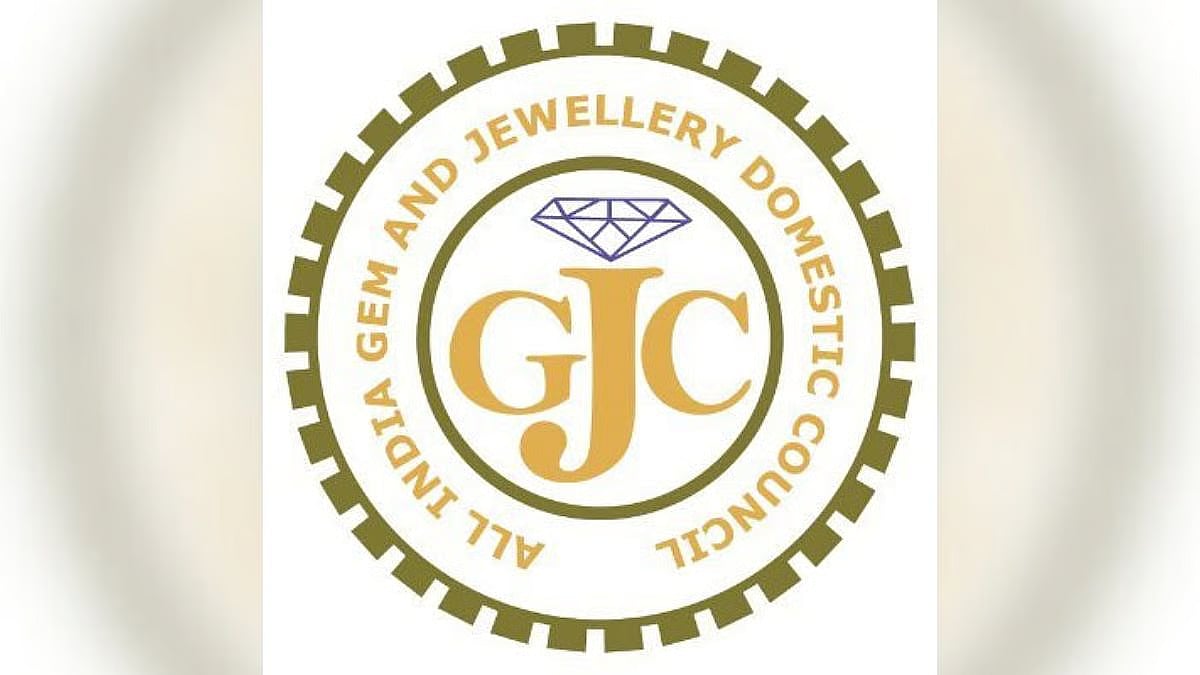Sulajja Firodia Motwani, a third-generation scion of the Firodia family, has seen the opportunity that COVID has brought for her company Kinetic Green Energy and Power Solutions. She is determined that this is ‘the time’ for electric vehicles. Thus, the role of Kinetic Green Energy and Power Solutions will be immensely significant during this period. In an interview with Jescilia Karayamparambil and R N Bhaskar, she talks about the plans to reach Indian masses and create a positive impact on the environment.
Edited excerpts:
Tell us about Kinetic Group
I am the third generation in my family to be in the automobile business. The group was founded by my grandfather HK Firodia. We are a well-known automobile family and group in the country. We have sold 1.5 crore vehicles from two-wheelers to tempos, to traveller vans.
Kinetic Group is a Rs 7,000-crore group. In this group, around five years back, I founded this company called Kinetic Green. The green stands for green technology. Our group has always done things that are innovative and pioneering.
We are very proud of the fact that all our vehicles are developed based on the needs of society.
There is a lot of focus on green ventures around the world in terms of energy and transportation. We felt that we needed to do pioneering work in the field of green technology for transport.
With the tightening of emission norms, ICVs (internal combustion vehicles are becoming less and less efficient and more and more expensive. In this case, electric mobility is a great long-term trend.
To look at this sunrise sector and bring green transportation to masses, Kinetic Green was founded. To create an impact in India with green energy, one needs to sell lakhs of units in India. This will allow green technology to become less expensive and pollution to drop.
How many units has Kinetic Green produced so far?
Kinetic Green is one the pioneering companies in the area of electric mobility. We have a certified electric vehicle R&D centre. We have created our own IPR platform of electric three wheelers.
We have set up a large manufacturing facility in Ahmednagar where we have a capacity of around 5,000-6,000 vehicles per month. We source 100 per cent of our needs locally. Having said that, those local players may be sourcing the components from anywhere in the world.
We have manufactured close to 30,000 vehicles which were sold across the country.
Tell us about your products
Our flagship product is Kinetic e-three wheeler/ e-rickshaw. This is a locally made product. We have sold 20,000 of these vehicles. They come with lithium batteries — fixed and swappable battery options. The battery swapping technology has been adopted by us in partnership with BPCL. The battery swapping can take place at BPCL stations. Thus, the buyer can buy this e-rickshaw for Rs 1 lakh without the battery. This battery can be taken as per the fuel needs from the BPCL stations. The e-rickshaw does not have to wait for the battery to be charged but just replace the battery and one is good to go.
Battery swapping works very well for two-wheelers and three-wheelers (because the batteries are smaller than they would be for larger vehicles) and work very well within small urban centres (the replacement battery centre is never far away).
Our next solution is cargo solution. We have recently introduced a one tonne vehicle which can carry 500 kgs of cargo. We are expecting a great boom in this range with rising focus on home delivery of products. E-commerce companies are looking at making their transport green and sustainable. This range is slated for great adoption in the coming years. Our vehicle can be used for waste collection and mobile cafeteria as well.
The cost of transportation for our vehicles is around 50 paise per km as against Rs 3 for conventional vehicles.
We have also introduced a Kinetic e-cycle. It can be used for cargo and the people. This vehicle is priced at Rs 20,000 including the battery.

What are the upcoming projects?
We recently signed a joint venture with Italy’s Lamborghini. It is a venture with the Lamborghini family through Tonino Lamborghini. We are delivering a range of golf carts and buggies. This product will be designed in Italy, manufactured in India and sold around the world.
We are looking at developing products more like a street buggy — it is street legal in countries like the United States. So, we will produce such products in India and export to globe countries.
Where does the industry for electric mobility stand today?
Already 15 per cent of three-wheelers are electric and only one or two per cent of two-wheelers are electric.
According to various reports, this is the decade of electric vehicles. There are favourable government policies now to encourage the system. The cost of electric mobility has been coming down drastically. The cost of a lithium battery (five years back) was USD 750 kWh, it is now down to USD 180 kWh. It is expected to come down to USD 100 kWh. This means that in one or two years the electric vehicle with battery will cost as internal combustion engine (ICE) vehicles. For ICE vehicles, the fuel has to be purchased everyday. The cost of ownership of an electric vehicle will be drastically lower as fuel cost is low.
With every passing year, electric vehicles will become mainstream.
Kinetic Green, which is a Rs 200 crore company, will be a Rs 10,000 crore company in the next 10-15 years.
What are the investments made in the company and upcoming investments plans?
Kinetic Green is owned by the promoters and there are no other investors yet. We have invested between Rs 80-100 crore. It has mostly gone into R&D, product development, manufacturing set-up, initial investment in market development and working capital.
The beauty of an electric vehicle is that it has less moving parts. So, that allows us to have an asset light manufacturing approach. We do not have to invest in manufacturing but more in technology.
With our entry into two-wheelers which we are planning in the near future, we will continue to invest in the products. In the next three-fours years, an investment of Rs 200-300 crore will be made.
Tell us about e-cycle
E-cycle is an exciting field. In Europe, the e-cycle is used more for leisure and it is already very popular. In India, everything is about masses.
It is an evolving space. In 2021-2022, we are aiming at selling 8,000 to 10,000 e-cycles.
Are these battery swapping for three-wheelers more like a franchise model going forward?
No, here we are looking at partnering with oil marketing companies who already have infrastructure in place. So, instead of competing with them we are partnering with them.
How do you see the entry of Tesla in Indian market?
It is a very exciting development. Tesla has done a lot of service to electric mobility. It has been a high profile and pioneering company.
Tesla coming to India will do good to electric mobility. This will create more excitement and people will realise the amazing technology.
What has been the impact of COVID-19? How do you see it work in your favour in the long-run?
It did have a short-term impact on us — our companies and dealerships were shut down for a few months. The passenger segment was also affected as the metros were shut down. We were not impacted greatly due to cash burn or fixed cost.
We used this as an opportunity to quickly accelerate a new range of product, cargo vehicles, as we realised there will be a rise in home delivery. We also developed vehicles for the grocery selling and disinfection process. We put such vehicles out to keep the momentum across our dealership.
People becoming more environmentally conscious will work in the favour of electric vehicles going forward. Today people are aware what drop in pollution has on the environment.
In the long-run, this (COVID impact) will be positive. Of course, in the short and medium term, it has impacted everyone. We are quite bullish and the year 2021 will be a better year for everyone.
Has Kinetic Green partnered with any e-commerce company for your cargo vehicle?
We have partnered with all leading e-commerce companies like Amazon, Flipkart, Delhivery, Big Basket and their third-party logistics companies.
We are really targeting and hoping that this becomes the next big product coming from Kinetic Green.
We are planning to sell around 10,000 units this coming year. This will give us a top line of Rs 300 crore. We are bullish about this segment.
What are your budget expectations?
The pandemic has taken the front seat and the rest has taken the back seat. The government has done a lot already to support EVs with GST and other schemes.
We have only two requests to the government this year.
The Faster Adoption and Manufacturing of Hybrid and EV (FAME) scheme was launched in 2019 and is expected to conclude in 2022. So, we are requesting the government to extend FAME by two-three years — considering FAME took some time to implement and immediately COVID came in.
Moreover, at present, GST on EVs is 5 per cent and GST on batteries is 18 per cent. So, we are suggesting that the government bring down the GST on battery to 5 per cent.
We are optimistic the support will come maybe during budget announcement or after the budget.
What are your targets globally?
For our three wheelers, our focus has been India as it is the largest three-wheeler market.
Globally in Africa, South America and South Asia, there is no policy for EVs. We are lobbying with the governments and asking them to make EVs more favourable. After two-three years, we are looking at exporting three wheelers as well.
Our golf cart will be export-oriented from day one. Globally, the golf cart industry is a USD 3 billion industry even though in India it is too small. We are looking at reaching the top line of Rs 700 crore in the next four years in the golf cart venture.


